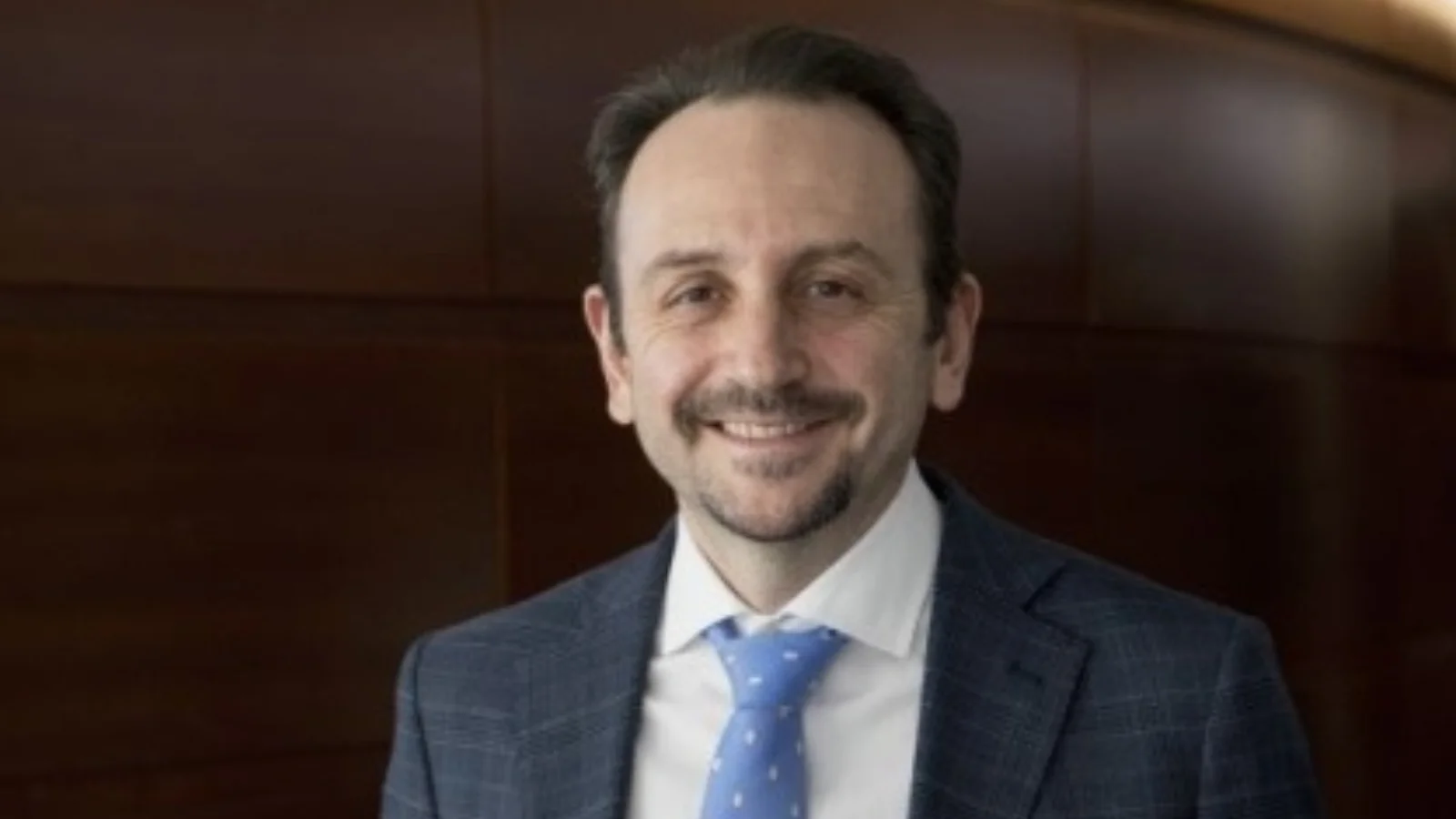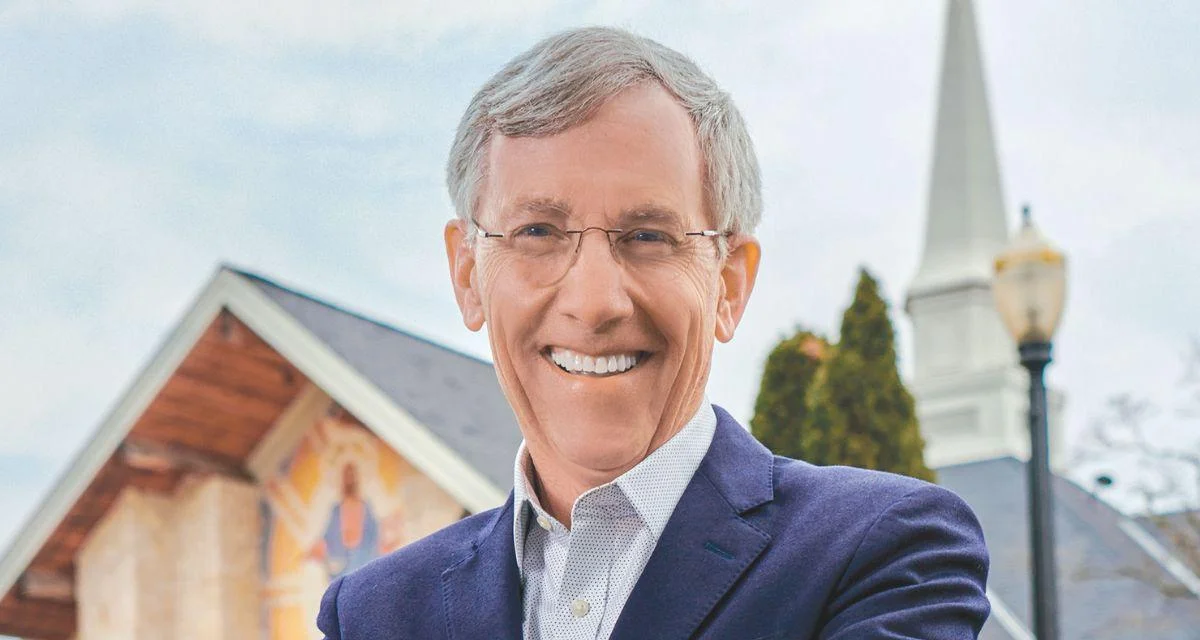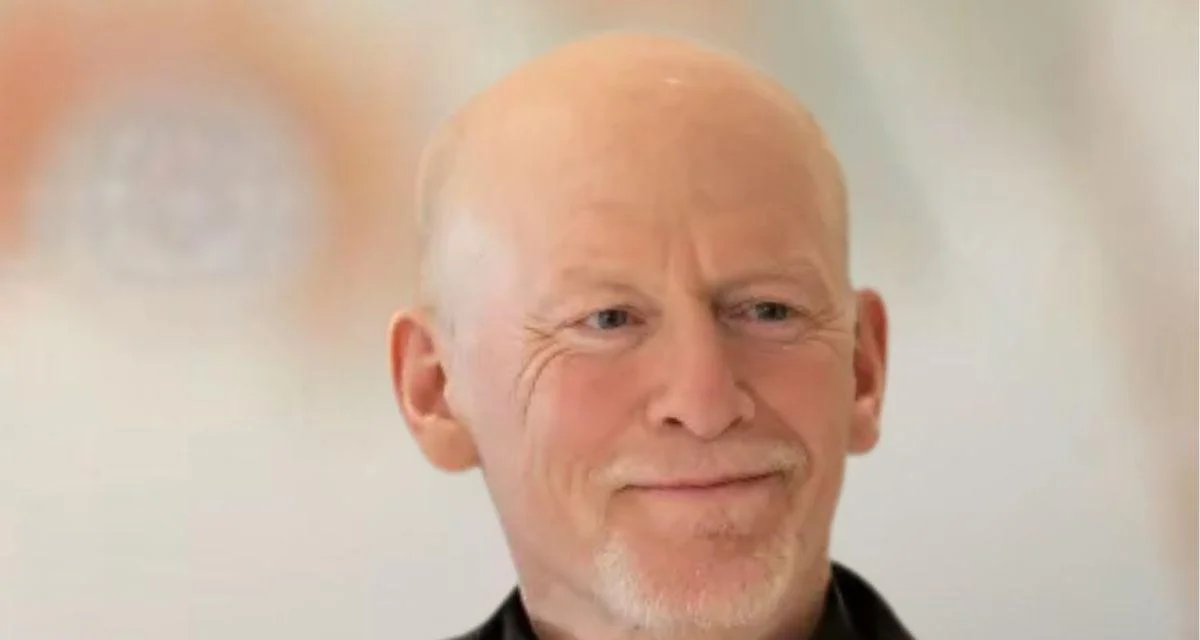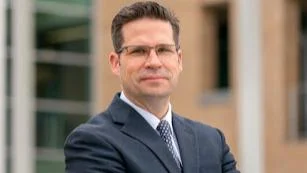
Rev. Brian J. Shanley, O.P. President | St. John's University website
Executives, economists, thought leaders, and government policymakers gathered at St. John’s University’s Maurice R. Greenberg School of Risk Management, Insurance and Actuarial Science on June 10 for a conference addressing the insurance industry's challenges due to climate change. The event, titled “Insurance and Resilience in a Changing Climate,” drew approximately 100 industry leaders to the University’s Manhattan campus.
Hosted by the Greenberg School and sponsored by several industry leaders including Galway Insurance Holdings, KPMG, Lloyd’s, PartnerRe, RenaissanceRe, Vantage Risk, and W.R. Berkley, the conference aimed to equip executives with knowledge to navigate new risks and vulnerabilities posed by climate change.
Maciek Nowak, Ph.D., Dean of The Peter J. Tobin College of Business and Joseph H. and Maria C. Schwartz Distinguished Chair, emphasized the importance of these discussions: “It's so important for the Tobin College of Business and the Greenberg School to have open, serious conversations like today's about this threat and offer solutions as experts in the field of insurance and risk management.”
Matthew Kahn, Ph.D., Provost Professor of Economics at the University of Southern California, used a popular culture analogy to stress adaptation: “Mr. Spock from Star Trek was the one playing three-dimensional chess on the bridge of the Enterprise,” Dr. Kahn said. “Homer from The Simpsons was always happy being blissfully ignorant. In the face of climate change, who are the adults in the room—the ones who are happily ignorant or the ones who are, like me, adaptation optimists?”
The conference addressed how rising atmospheric and sea temperatures have increased liabilities for insurers due to hurricanes and other extreme weather events. Paul Martin, Vice President of State Relations at Reinsurance Association of America remarked: “We are in uncharted waters and the insurance market is doing what it can...we can advocate for improved building codes and land use...and balance the need to protect consumers with the need to restrict litigation costs.”
Gregory S. Hendrick ’87C, Chief Executive Officer of Vantage Risk noted concerns over development costs: “There are more and more things...in the way of storms...the costs of replacing things has escalated faster than [inflation]. And then there is climate change.”
Panelists called for reimagining insurance presentation to consumers. Charlie Sidoti from InnSure highlighted a lack of innovation: “We must pay higher fidelity to total rebuilding costs and risk.” He urged local leaders to understand how land use decisions affect community insurability.
Mark J. Browne, Ph.D., Chair of Faculty at Greenberg School added: “Environmental damage is increasing...The Greenberg School is a place where leaders in academia and industry who are dealing with important societal problems can come together.”
Samantha Medlock from FEMA outlined governmental efforts including Community Disaster Resilience Zones (CDRZs) which identify areas most vulnerable to natural disasters. She stated that New York City has 17 such zones due to its unique vulnerabilities post-Hurricane Sandy.
“The CDRZ is a program but it’s also a movement,” Ms. Medlock said. “FEMA and its community partners can build climate resilience with an eye toward equity and environmental justice.”




 Alerts Sign-up
Alerts Sign-up